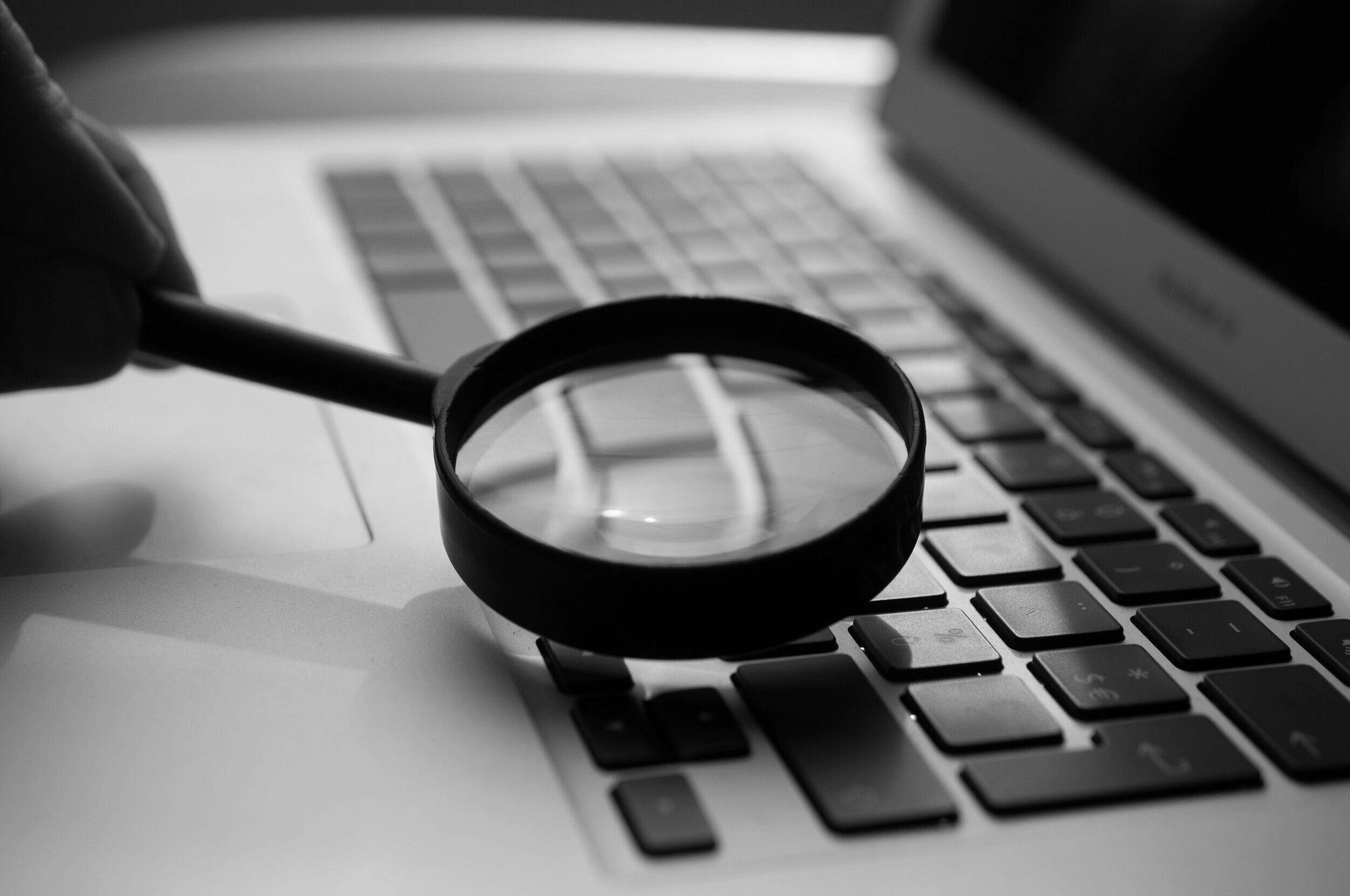The Evolution of Forensic Accounting: A Historical Perspective
Forensic accounting, the practice of using accounting and investigative skills to uncover financial fraud and misconduct, has become an increasingly important field in recent years. But when did forensic accounting start? To answer this question, we need to take a journey back in time to explore the evolution of this field.
The origins of forensic accounting can be traced back to ancient civilizations, where accountants were responsible for keeping track of financial transactions and ensuring that they were conducted in a fair and transparent manner. However, it wasn't until the 20th century that forensic accounting began to emerge as a distinct field of study.
One of the earliest examples of forensic accounting can be found in the United States during the 1930s. At this time, the country was in the midst of the Great Depression, and many companies were struggling to stay afloat. As a result, there was a rise in financial fraud and misconduct, which led to the creation of the Securities and Exchange Commission (SEC) in 1934. The SEC was tasked with regulating the securities industry and investigating cases of financial fraud, which required the use of forensic accounting techniques.
In the decades that followed, forensic accounting continued to evolve and expand. In the 1960s and 1970s, the field began to focus more on the detection and prevention of white-collar crime, such as embezzlement and money laundering. This led to the development of new techniques and tools, such as data analysis and computer forensics, which are now essential components of forensic accounting investigations.
Today, forensic accounting is a vital part of the legal and financial industries. It is used to investigate a wide range of financial crimes, including fraud, corruption, and money laundering. Forensic accountants are also called upon to provide expert testimony in court cases and to help companies develop strategies to prevent financial misconduct.
In conclusion, forensic accounting has a long and fascinating history that spans centuries. From its origins in ancient civilizations to its modern-day applications, this field has evolved and adapted to meet the changing needs of society. As financial crimes continue to become more complex and sophisticated, the role of forensic accounting will only become more important in the years to come.

Post Comment